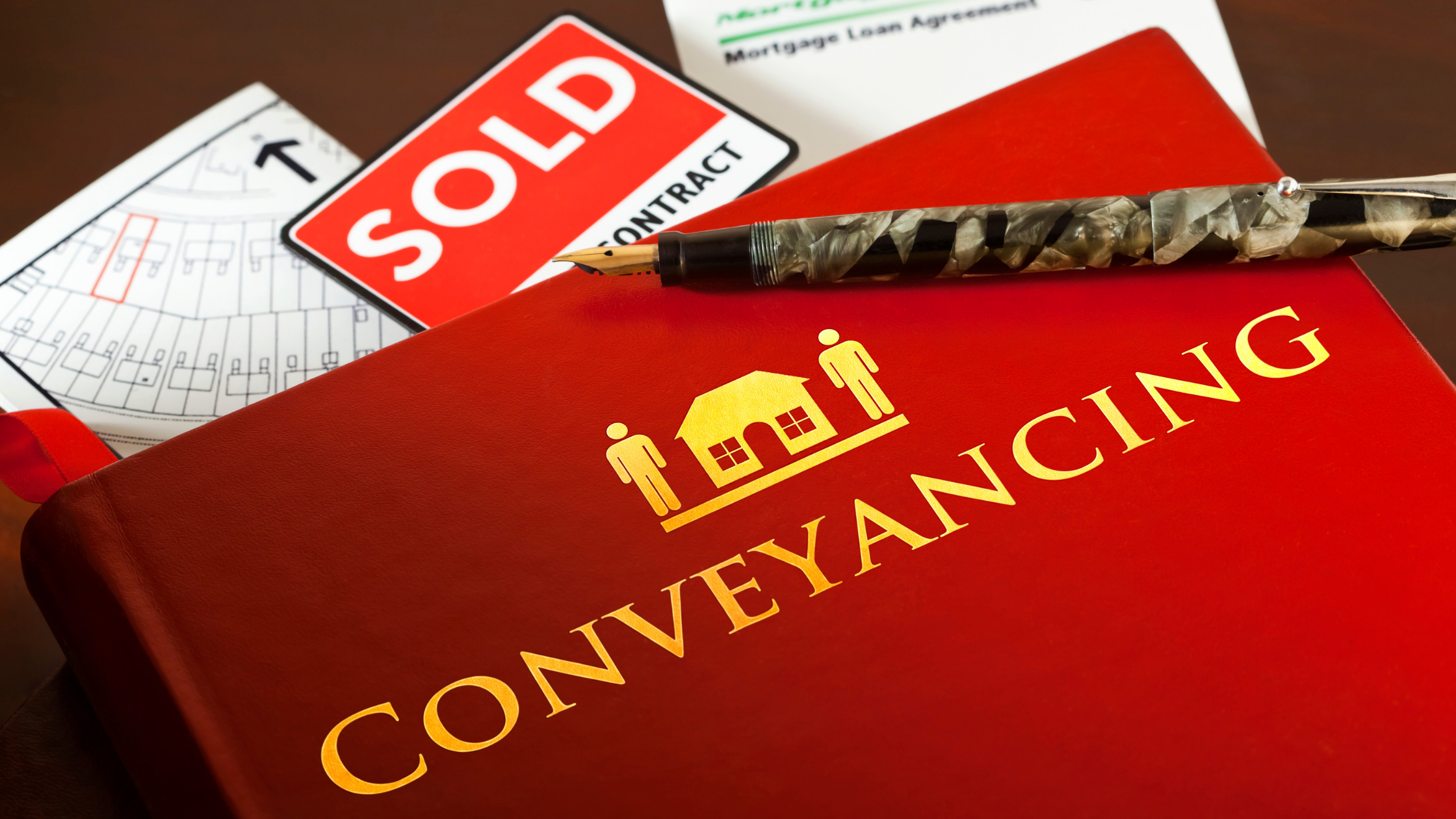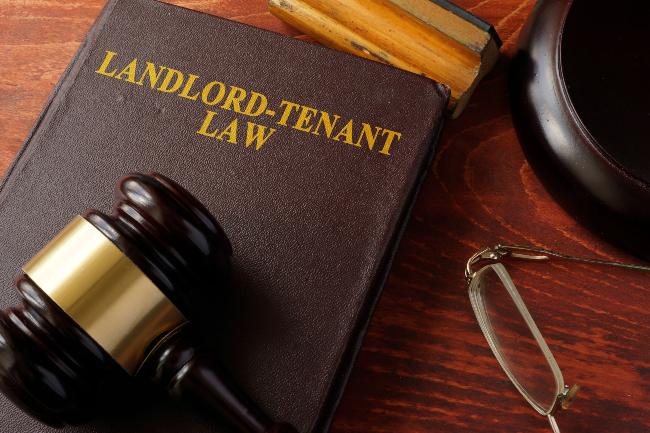According to the Strata Management Act 2013, homeowners must pay for the maintenance fees and sinking fund. Now, should the landlord fail/refuse to pay up, the management body can sue and take his/her assets away, or the tenant can terminate the agreement immediately!
Imagine this, if you can: You're renting a unit in an apartment. One fine day, you return home and see an official-looking letter reminding your landlord to pay the maintenance fees.
To your shock, the maintenance fees have remained unpaid for many months. You start to wonder, what can the management body do to you if the maintenance fees remain unpaid?
The answer to that can be found in the laws governing a management body, namely the Strata Management Act 2013 (SMA), and the regulations made within it.
The SMA is passed with the purpose to provide for the proper maintenance and management of buildings, as well as the common property in relation to strata properties.
Actions Which Can Be Taken Against Owners Under SMA
Under the SMA, homeowners must pay for the maintenance fees and sinking fund, for the upkeep and management of the residential blocks and public facilities.
In other words, the owner (in this case, your landlord) is required by law to pay up, no excuses!
If he/she fails to pay the maintenance fees after a 14 days’ demand notice, the management body can SUE the owners.
This can take place in either the Court or Strata Management Tribunal (SMT) for recovery of the unpaid maintenance fees.
Besides that, the SMA also states that it's a criminal offence if the owner (without reasonable excuse) fails to comply with the 14 days’ demand notice.
Upon conviction, the owner can be fined not more than RM5,000 or jailed not more than 3 years, or BOTH!
Furthermore, the management body can also apply to the Commissioner of Building for a warrant to seize any movable assets belonging to the owner (inside the property, or elsewhere in the state).
Yes, you heard that right, the management body can get a warrant to seize the TV, sofa and other movable items which can be found in the unit or other places in the state.
You may be thinking that the above situations don't have an impact on you or shouldn't concern you as a tenant.
While that may be true, you certainly want to avoid the risk and embarrassment of having the management body raiding your unit, without knowing that you're just a tenant!
Notwithstanding that, if your TV and sofa were provided by the owner, with a warrant, the management body would have a right to seize those items.
So, What Are The Restrictions Applicable To Tenants?
If you think that as a tenant, the management body cannot impose any restrictions on you, you couldn't be more wrong!
Under the Third Schedule of Strata Management (Maintenance and Management) Regulations 2015, regulation 6 has defined a defaulter to be: 'an owner who has not fully paid the maintenance fees'.
In addition, it states that restriction or action can be imposed against the defaulter, including ‘his family, charge, assignee, successor-in-title, lessee, tenant or occupier of his parcel’.
Therefore, if your landlord has not paid the maintenance fees, the management body can impose certain restriction or action against you as a tenant!
Here are some of the restrictions and actions allowed under the regulation:
- The management body can display a list of defaulters on the notice board in the building
- The management body can deactivate access cards
- The management body can stop you from using the common facilities
Although the management body can deactivate your access card, they have absolutely no power to stop you from entering your unit.
Hence, you'd still be able to gain entry to your unit by registering yourself at the guardhouse, or getting the guards’ assistance to access the lift.
It's Best If You Know Your Rights As A Tenant!
So what can you do as a tenant? As the management body is merely performing functions allowed by the law, your recourse would probably lie with your landlord.
Between a landlord and tenant, the relationship is governed under the tenancy agreement signed by both parties.
In this case, you should check if your tenancy agreement has any stipulation which lays out that the landlord needs to pay his/her maintenance fees.
If yes there is, failure by the landlord to do so will amount in a breach of the tenancy agreement.
You may issue a notice to the landlord demanding him to remedy the breach by paying the maintenance fees.
If the landlord refuses to do so, you can then refer to the termination clause to cancel your tenure early, in accordance with the terms of the tenancy agreement.
Be that as it may, you should only terminate your tenancy if the terms are clear that you do so under your tenancy agreement.
In the absence of such terms, the landlord can always argue that you have wrongfully terminated the tenancy. He could then forfeit your deposit or bring legal action against you.
If there's no express term in the tenancy agreement, then you'll have no basis to make any demands against your landlord. Nor can you terminate the tenancy.
This is the same for a situation when the parties have not signed any tenancy agreement and the tenancy is based on a verbal agreement.
At the end of the day, with or without the terms that say the landlord needs to pay the maintenance fees, the only thing a management body can do to you is making your life more difficult whenever you try to enter your home.
Don't worry too much though; you'd still be able to stay in the unit that you're renting from the landlord.
Perhaps, your only remedy would be to move out from the unit after the end of the tenancy and look for a better landlord next time. Good luck!
From the above, it's therefore very important to have a well-drafted tenancy agreement to properly govern the relationship of a landlord and tenant.
When the parties are in dispute, matters can then be resolved amicably in accordance with the agreed terms!
.jpg)
.jpeg)
_PH_Banner_(Desktop)(1200x180px).png)

.jpg)




.jpg)
.jpg)
.png)

.jpg)
.jpeg)
